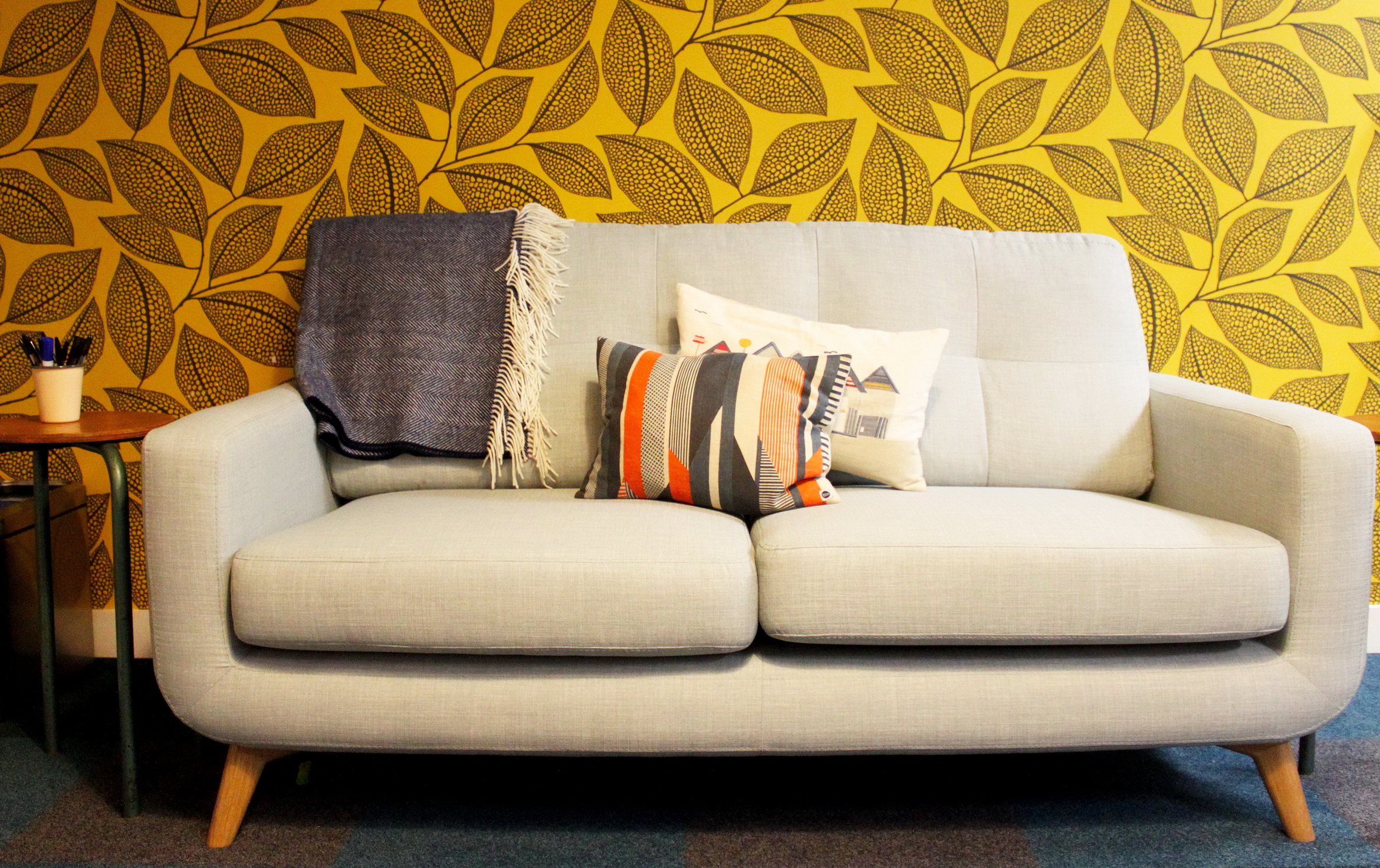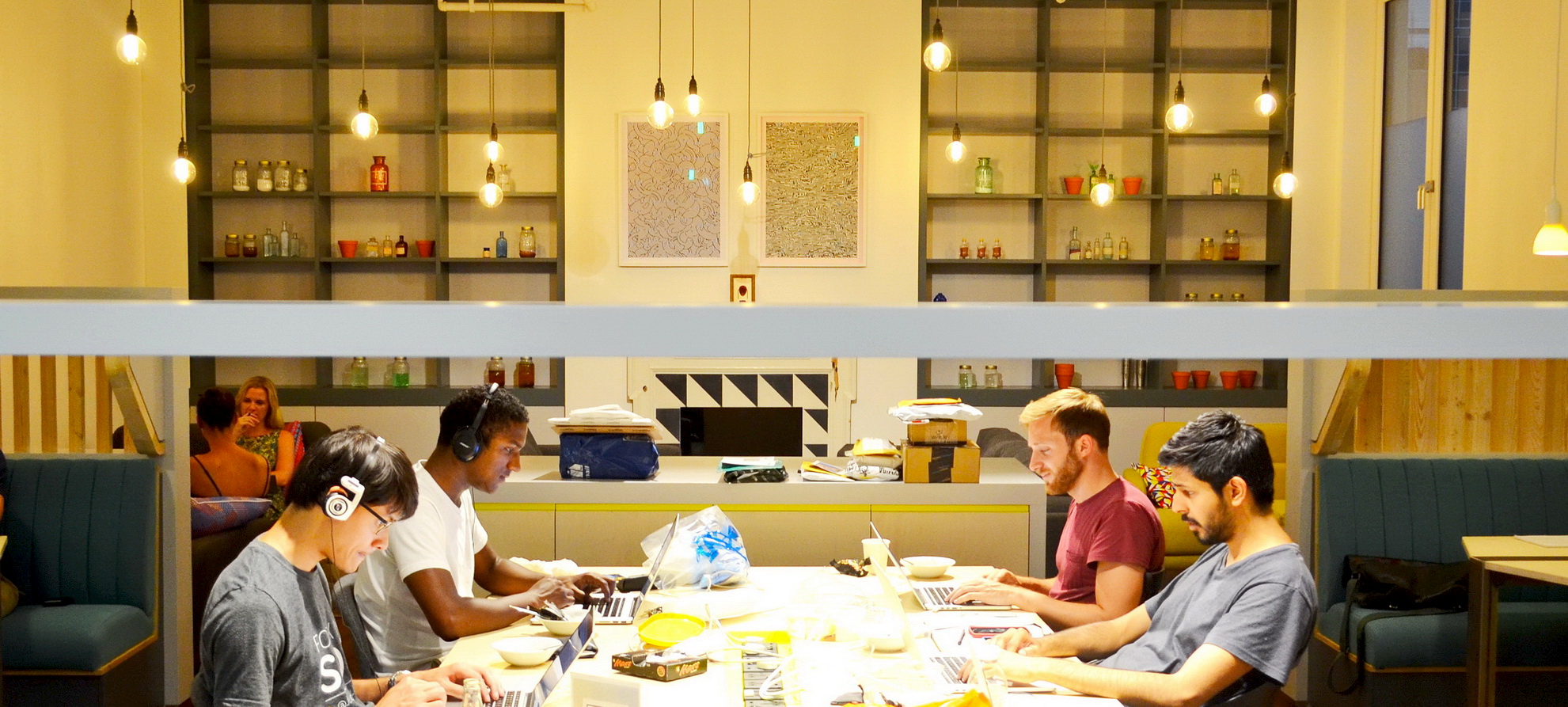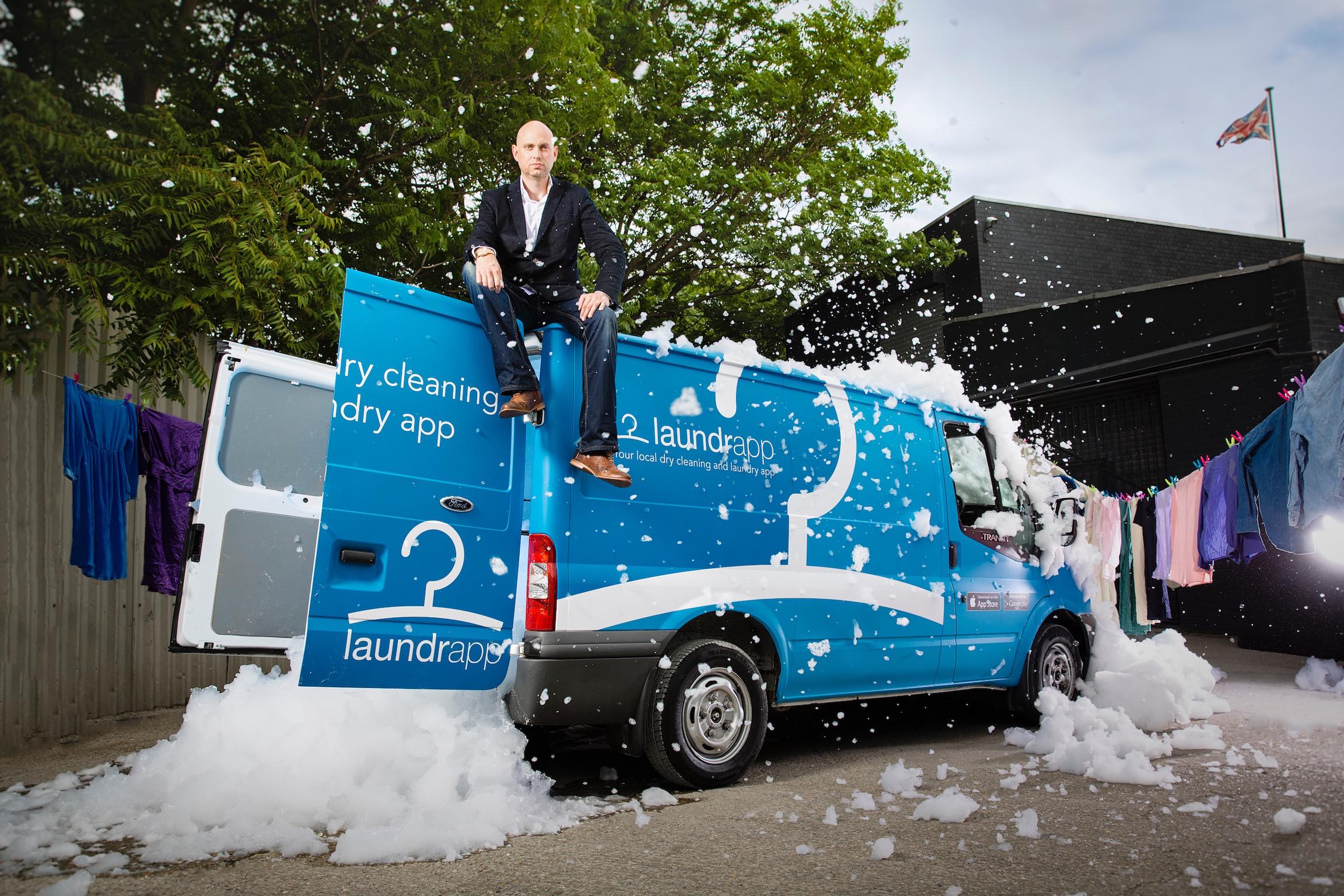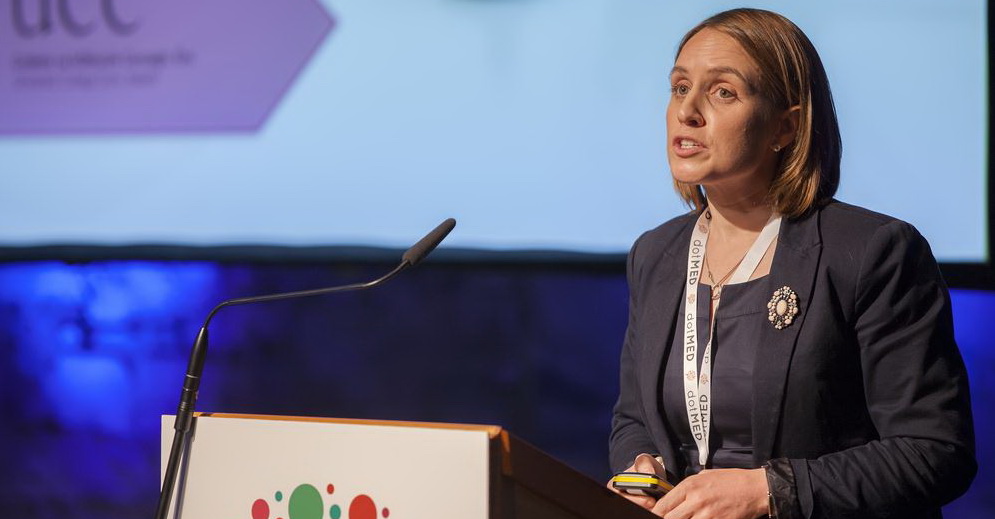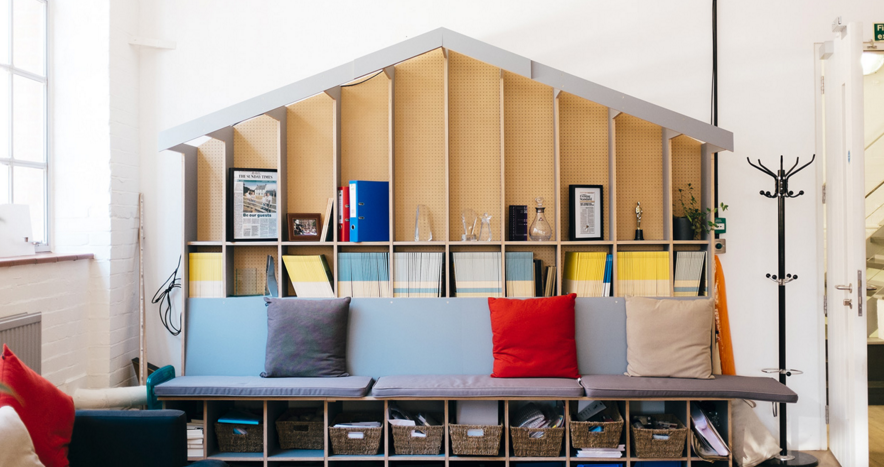Laurence Kemball-Cook was still a student when he came up with the idea for Pavegen. In his placement year, he was challenged with the task to find a radically new clean-energy solution that would work in the smart city. Solar and wind powers were quickly excluded since they could hardly be efficient in an urban environment. The solution came to Kemball-Cook, “whilst waiting for a train during rush hour at Victoria Station,” he recalls. Pavegen’s special floor tiles convert the kinetic energy from footsteps into electricity that could be stored or reused.
Soon after he exhibited his first prototype at a Design exhibition, Laurence was flooded with the interest, “I was getting 500 calls a day from people asking where they could purchase the tile, and that’s when I knew I was onto something,” says the entrepreneur in his early thirties. To date, Pavegen’s tiles have been used at such huge events as Paris Marathon (2011) and the Olympics held in London (2012, the energy produced with the footsteps at the West Ham tube stop was used to power lights on the way to the Olympic Stadium). Being a young innovator trying to make a success of your idea is not an easy task. Laurence shared with us his story and a piece of advice for young entrepreneurs.
Starting back in 2009, with a completely different startup landscape, how hard was it to get your business going? 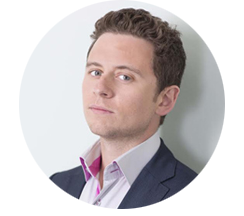
I founded Pavegen during the economic recession, so the journey to where we are now was incredibly challenging. Banks wouldn’t lend, VCs wanted revenue before they would invest and Government subsidies were lacking. It was a very “chicken and egg” situation; especially with reliable, well-renowned energy sources such as wind and solar dominating the market. People were less inclined to invest in “new” technologies that had yet to be fully tested in the public space.
How did you secure your first investment and what would you consider as a valuable learning from it?
Our first investment was through a SEED funding round; we raised over £100k through the strong network of supporters. This investment allowed me to manufacture the first batch of Pavegen tiles. I think my most valuable learning would be the importance of friends and family as the “primary network” that will help the business scale.
On the way to making clean tech ‘cool’, what was the hardest decision you made?
The biggest challenge was when we decided we would communicate how much energy the tiles generated. Energy, in general, can be challenging to quantify, and we had to bridge the gap between our understanding and the public’s understanding of energy to convey our information concisely and accurately.
Being an entrepreneur is like jumping off a cliff and learning to swim on the way down.
As a young entrepreneur and inventor, what do you consider as the most important quality you have that helped you to get through?
I’m not scared of risk or failure, and I think that’s a super important quality in any entrepreneur or inventor. Being an entrepreneur is like jumping off a cliff and learning to swim on the way down – the entire process of starting your own business is risky and something that should be embraced instead of avoided.
What is the advice you got that you think shaped your decision-making?
Alex Chesterman, Founder, Chairman and CEO of Zoopla, said: “Once you develop quickly, make sure you go back and fill in the gaps to maintain the business at that level.” It really helped me at the time to understand how to scale my business without compromising the departments and my team’s capabilities.
Which widely used startup advice do you find most misleading?
“Not being profitable” is seen as a ‘cool’ status for a startup, making them appear user-led and less focused on the financial outcomes. I think it’s possible (and cooler!) to have profit and still prioritise the consumer.
To make a difference, you have to be bold and daring.
How did you build your current team? Did you have any killer questions or special tasks for the candidates (at the interview stage)?
We throw them in the deep end! Candidates attend a full day assessment, which allows us to identify their skills and weaknesses, as well as seeing how they fit in a team.
What should be the ultimate ambition of anyone willing to join Pavegen?
To make a difference, be bold and daring. Every member of our team needs to have a creative flair and be willing to take risks in order to achieve.
With already an impressive number of trophies that Pavegen, and you, as an entrepreneur have, what’s next? What should we expect from the company this year?
We have a new iteration of our tiles being launched in Q2. It’ll be a massive change for us, and will completely reshape how the world sees Pavegen. It’s also our first official shift from a singular tile to a full flooring system, which will be further emphasised by our permanent installations; one in Washington DC, and the other in Europe’s largest shopping centre!
To be an innovator is . . . to break the norm and disrupt.
My ideal image of a green city is . . . decentralised power, with smart interconnectivity and a focus on making its residents happy.
Being an entrepreneur is not . . . about playing it safe and sticking to the rules.
If I could immediately change one thing in London, it would be . . . Mobility for cyclists – improving it to make London more cycle-friendly.
“The UK is one of the best places in the world to do business,” Jeff Lynn, Seedrs
Find your next job at a hot startup in London

